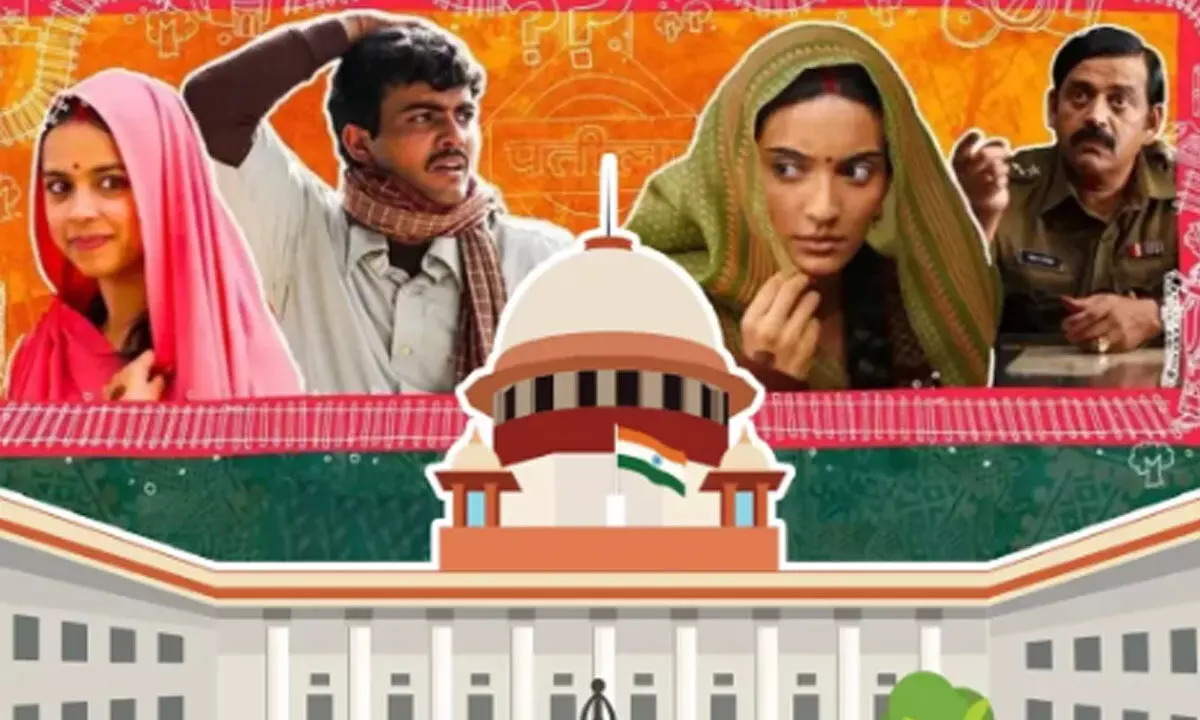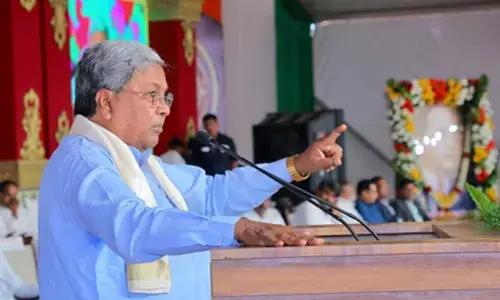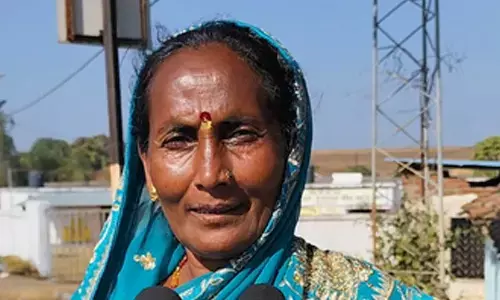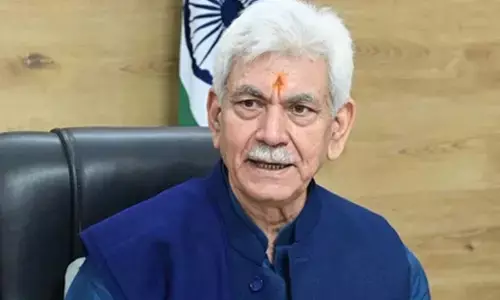Supreme Court Screens Laapata Ladies to Foster Gender Sensitivity

In a unique initiative aimed at enhancing gender sensitivity, the Supreme Court of India hosted a special screening of the film Laapata Ladies on August 9, 2024.
In a unique initiative aimed at enhancing gender sensitivity, the Supreme Court of India hosted a special screening of the film Laapata Ladies on August 9, 2024. The critically acclaimed movie, produced by Aamir Khan and directed by Kiran Rao, delves into the complexities of gender equality in India.
The screening was attended by Chief Justice of India D.Y. Chandrachud, other Supreme Court judges, their families, and court officials. The event was part of the Supreme Court's ongoing efforts to promote gender sensitization within the judiciary and to create a more inclusive and equitable workplace.
Laapata Ladies is a thought-provoking film that explores the lives of two women who embark on a journey of self-discovery and empowerment. By choosing to screen this film, the Supreme Court has demonstrated its commitment to addressing gender-related issues and fostering a deeper understanding of the challenges faced by women.
The screening of Laapata Ladies is seen as a significant step towards creating a more gender-sensitive judiciary. It is hoped that the film will spark discussions among the judges and staff about gender equality and inspire them to take concrete steps to address gender-based discrimination and violence.
Other Significant Supreme Court's Initiatives for Gender Sensitivity
The Supreme Court of India has been at the forefront of supporting gender equality and women's rights. The screening of Laapata Ladies is just one of the many steps taken by the apex court to foster a gender-sensitive environment within the judiciary and society at large.
Sensitization Modules and Handbooks:
The Supreme Court's e-Committee has developed sensitization modules and handbooks on LGBTQIA+ rights and combating gender stereotypes. These resources aim to educate judges and legal professionals about gender issues and equip them with the knowledge to deliver gender-sensitive judgments.
Landmark Judgments:
The Supreme Court has a rich history of delivering landmark judgments that have had a profound impact on women's rights. Cases such as the Vishaka guidelines, the Nirbhaya case, and the judgment on marital rape are examples of the court's commitment to gender justice.
Fast-Track Courts:
The establishment of fast-track courts for cases of sexual violence against women is another significant step taken by the judiciary to ensure speedy justice for victims.
Legal Aid for Women:
The Supreme Court has emphasised the importance of providing legal aid to women, particularly those from marginalised sections of society. Several initiatives have been launched to ensure access to justice for women.
Awareness Campaigns:
The Supreme Court has been actively involved in raising awareness about gender-based violence and discrimination through various campaigns and programs. These initiatives aim to educate the public about women's rights and encourage reporting of crimes against women.
Landmark Supreme Court Judgments Supporting Gender Equality
The Supreme Court of India has played a pivotal role in shaping India's legal landscape towards gender equality. Several landmark judgments have set precedents and redefined women's rights in the country.
Vishaka Guidelines:
While not a formal law, the Vishaka guidelines established comprehensive measures to prevent sexual harassment at workplaces. This was a crucial step in addressing a pervasive issue faced by women.
Nirbhaya Case:
The stringent punishments and fast-track trials mandated in the aftermath of the Nirbhaya case have significantly impacted the legal framework for sexual assault cases, ensuring stricter accountability. The Criminal Law (Amendment) Act, 2013, introduced several amendments to criminal laws to address sexual offences more comprehensively.
Medical Termination of Pregnancy (MTP) Act Amendment:
The Supreme Court expanded the scope of the MTP Act, allowing unmarried women the right to abortion up to 24 weeks, a significant step towards reproductive rights.
Domestic Violence Act:
The Supreme Court has interpreted the Domestic Violence Act liberally to provide protection to women in various domestic relationships, including live-in relationships.
Property Rights for Daughters:
The court has ruled in favour of daughters' equal rights to ancestral property, challenging patriarchal norms.
Triple Talaq:
The Supreme Court declared triple talaq unconstitutional, a major victory for Muslim women's rights.
These examples illustrate the Supreme Court's pivotal role in advancing gender equality in India. By issuing landmark judgments, the Court has actively contributed to fostering a more equitable society and enhancing gender sensitivity. The judiciary's influence in shaping societal attitudes and ensuring gender equality remains both crucial and profound.



















